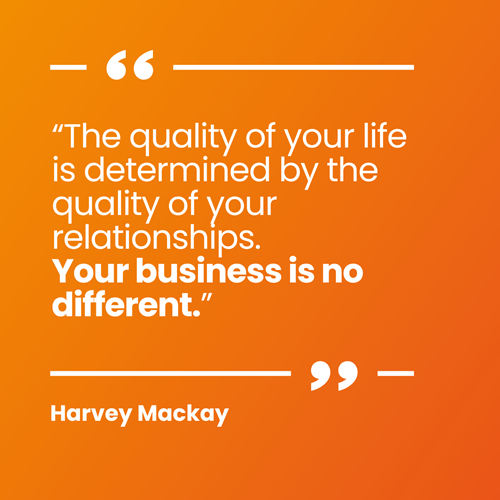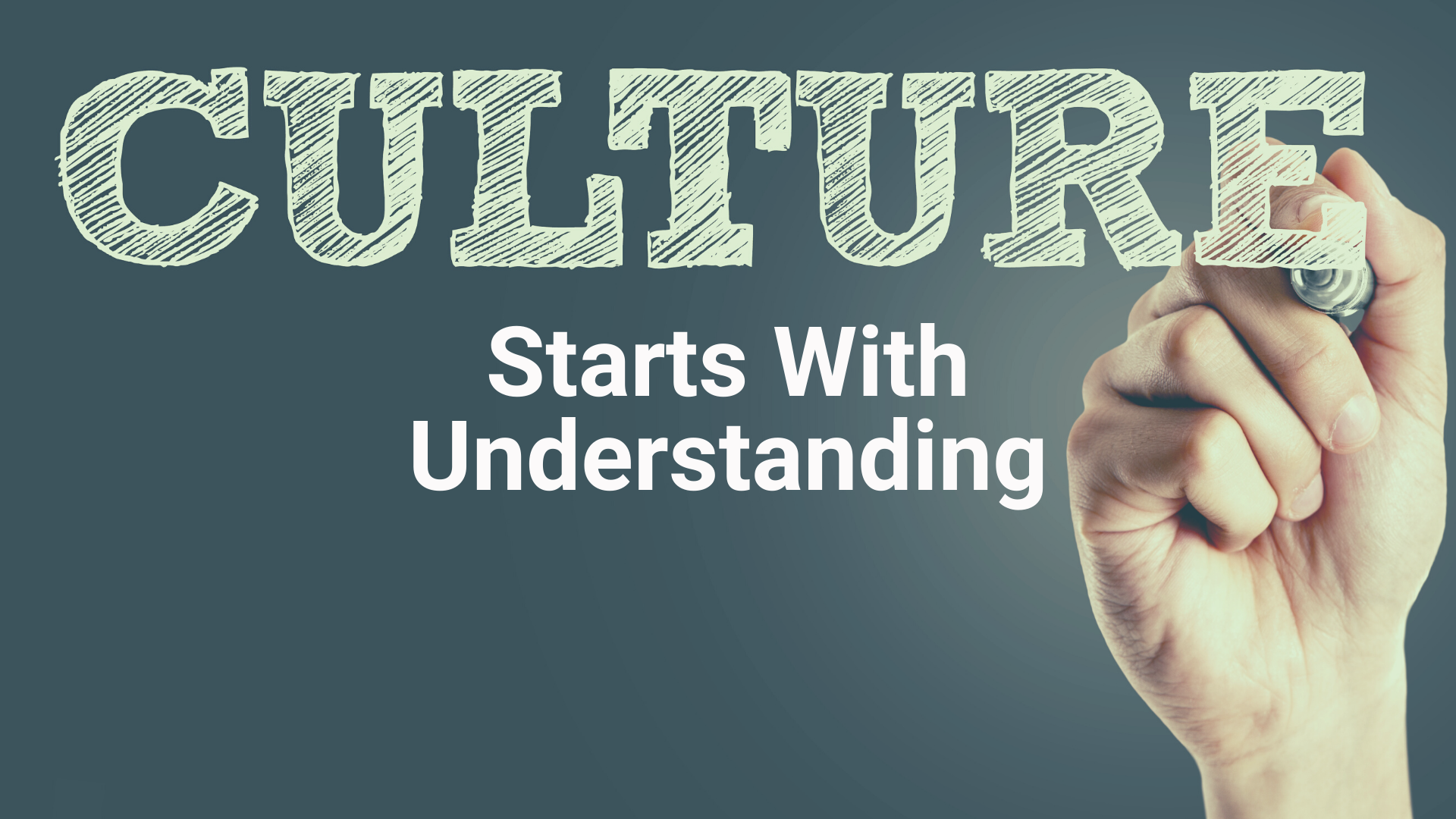Relationship-building at work is crucial for better engagement, wellbeing, and productivity.
This scalable six-stage model includes practical actions you can adopt right now to start building meaningful relationships with your team and workplace community.
What does engagement really mean?
The word ‘engagement’ is thrown around a lot in the workplace. But what IS engagement and – more specifically – what does meaningful engagement look like?
There is an eternal debate around this question, but I’m going to keep it simple here.
To define engagement, we need to first ask a broader question:
How do we build trust, influence, and ultimately change-ready organisations whose people are on board to act on big asks?
If there’s one thing you need to internalise to start engaging people more meaningfully at work, it’s this:
Engagement is a relationship-building process.
It’s a straightforward concept, and yet it’s remarkably absent from many engagement strategies.
Engagement is any interaction you have with your stakeholders.
That includes social media posts, newsletters, face-to-face conversations, public meetings, private meetings, emails, surveys… the list goes on.
The sum of these interactions can make or break trust and establish the type and quality of our relationships.
Meaningful relationships at work not only improve performance but have also been identified as one of the most important factors in job satisfaction and overall wellbeing.
Why building meaningful relationships at work matters
Engagement planning traditionally delivers a tick-box style approach that focusses on what we deliver to achieve our objectives.
Meaningful engagement – engagement that’s rooted in context, trust, and social influence – requires us to first prioritise why and how we engage with people.
Change and engagement are often treated as discrete events.
When this happens, organisations become that ‘friend’ who only calls when they want something, and we all know how we feel when that happens: IMMEDIATE RESISTANCE.
Building relationships needs to be your primary goal and a continuous effort, because transformational outcomes require deep trust and influence with stakeholders.
When it comes to relationship-building at work, we can learn a lot from our personal lives.
When I’m working on an engagement programme, I often try to imagine what the proposed activities would look like if we tried to implement them at home.
Would I be able to maintain a personal relationship – perhaps with a partner, child, or friend – using that same frequency of communication, level of inclusion in planning and decision-making, and opportunity to voice opinion?
Stay with me. Here’s a typical example to illustrate:
Organisations often conduct an annual or biannual survey to hear from their people, with no other listening mechanisms in place to gain insights in the interim.
Now, imagine you apply this approach to your partner or loved one.
Let’s say, over the course of one or two years, you only communicate with them in a broadcast-style memo.
Perhaps a typical email you send them reads:
Dear Robin,
We are going to my mother's for dinner next Friday at 8pm.
Please be on time.
Thank you for your patience and understanding.
You send some more emails like this, with no real opportunity for discussion or feedback.
After two years, you finally give them a chance to share how they feel the relationship is going.
BUT they do not get the opportunity to speak to you face-to-face or discuss a topic of their choice.
Instead, they are presented with an online survey of carefully curated questions. Would we expect our wife, husband, or partner to be happy with this type of relationship?
Would they stick around after one or two years?
Of course not. So why do we think our employees will?

So, how do we build meaningful relationships at scale?
Organisations are aware of the need to engage with their employees, and they are regularly looking for ways to do so.
However, when trying to engage with an individual, team or employee community they often try to jump ahead to the point in the relationship where mutual trust, goodwill, and influence are already established.
The truth is that this type of meaningful connection requires work, so how do we build the solid foundation we need – especially at scale?
Dr Gordon Neufeld, a well-known Canadian psychologist, created a six-stage model to help us understand how relationships are developed and maintained.
According to Dr Neufeld, the model’s six stages form for foundation for any relationship we have in our lives.
Naturally, the actions taken in each stage will look different depending on the relationship – showing your partner that they’re significant to you will look different from how you would show one of your team members.
But the building blocks – the foundations – are much the same.
It’s a brilliant, straightforward model with concepts that will be familiar to everyone. The beauty of this model is that it gives us a simple framework to help us take inspired action to build trusting relationships and keep them on track.
I adapted Dr Neufeld’s model for the workplace, to act as a guide for building meaningful relationships at any scale.
The six-stage relationship-building model
Follow these six stages to build relationships and unlock meaningful employee engagement in your workplace.
Stage 1: Connection
The most basic stage is keeping in regular and consistent contact with your people. This fosters familiarity and shows that maintaining conversations and staying in touch is important.
Stage 2: Shared values, goals and interests
Sharing and connecting over what you have in common strengthens your relationships, but it also encourages people to look to each other for what connects them, building deeper connections.
Stage 3: Belonging and loyalty
When people can be their authentic selves, they feel unconditionally accepted and comfortable. They are intrinsically motivated to participate in community activities. A sense of belonging improves overall wellbeing.
Stage 4: Significance
People feel appreciated and valued for the unique person they are, knowing that they matter and their experience matters. As a group, they work hard to grow and progress while supporting others and the organisation to do the same.
Stage 5: Care
When people feel genuinely cared for as a whole person or community, they feel greater satisfaction about where they live and work. This accounts for 84% of organisational trust and provides a greater sense of wellbeing.
Stage 6: Being known
Feeling heard, understood, and safe in a team or community despite differences, conflict, lack of resources, and separateness. This stage earns influence and trust through a deeper connection fostered in the previous five stages.
How does Harkn support relationship-building?
Harkn supports your organisation in building meaningful relationships that cultivate trust and influence amongst your people.
Our platform helps you to foster familiarity and goodwill, ultimately creating and sustaining a more resilient and change-ready organisation.
Harkn helps you to...
Accurately assess organisational health
People often mask how they feel at work, making it hard to gauge their true opinions and behaviours. Harkn’s live, unfiltered feedback gives leaders a more accurate picture of relationship health and organisational behaviours.
Empower equal voice
Ensuring anonymity at every level of our platform removes barriers like unconscious bias. Everyone has an equal voice for a clearer view of opinion and range of experiences, which increases the sense of employee belonging.
Increase shared awareness
By enabling transparent and anonymous dialogue, everyone hears more of what matters in your organisation. This keeps people connected and provides a better understanding of shared experiences.
Foster peer-to-peer support
The colleague support we regularly see on The Wall in Harkn is inspiring and heart-warming. This support leans into the collective need for belonging and caring, helping to build goodwill and forge stronger relationships at scale.
Encourage care
Harkn’s real-time sentiment analysis capabilities enable leaders to provide meaningful, personalised wellbeing support without revealing anyone’s identity.
Guarantee psychological safety
Our platform is a safe space for people to speak freely and seek support at work. This helps you to gain the insights you need more quickly and removes stigma around wellbeing issues.
Enable continuous listening
The Wall gives you unfiltered, live feedback from your employees, showing them that they matter and their experience matters.
We’re here to help
We know that building relationships amongst a workforce of hundreds or even thousands is no easy feat.
While this article has hopefully given you some actionable tips for forging stronger connections at scale, we’d be more than happy to discuss this further.
If you’re interested in learning more about relationship-building, why not arrange a chat with us?
For more insights on the future of the modern workplace and how we’re cultivating safer, more inclusive workplaces, sign up to our monthly newsletter.
#HowDoYouHarkn?





